You are here
Business Phone System in NJ
Intended Audience
This Article has been written to assist Technology Decision Makers and Business Owners in understanding the market landscape and the tradeoffs in the area of Business Phone Systems in NJ.
Table of Contents
- What is a Business Phone System or PBX?
- Types of Business Phone Systems
- Components of a Modern VoIP PBX or IP PBX
- Business Phone System Market Players
- Business Phone System Costs
- How did VoIP Affect the Business Phone System?
- Learn More
What is a Business Phone System or PBX?
A Business Phone System or PBX is a collection of office phones and a system that allows them to communicate with each other and the outside world. Above all else the functionality that defines a Business Phone System or an Office Phone System is the ability to dial from one phone on the system to another phone on the system. This functionality alleviates the need to buy additional phone lines from the Telephone Company when you add more employees and phones to your business. It also alleviates the need to pay the telephone company for these internal calls.
At the heart of a Business Phone System is the ability to place internal calls.
A Business Phone System or an Office Phone System facilitates placing internal calls between two office phones located at your business. This functionality is at the core of a Business Phone System, however they have evolved to include a wide and varying set of features. I will not attempt to list all of the features here. Here is a bare minimum list:
- Phone to Phone Dialing using an abbreviated extension
- Voice Mail
- Automated Attendant
- Call Transfer
You can browse our list of Hosted PBX Features to review other features implemented by a modern business phone system.
Types of Office Phone Systems
A. Premise-Based Business Phone System, Office Phone System or PBX
Example: Nortel Norstar
The Traditional Business Phone System is installed at the business premise in what is often termed the "phone closet." This phone system requires a connection from your Local Telephone Company of PRI or POTS. This type of Business Phone System also requires what is called a "home run," a physical cable run between the phone system and each phone. The phone system communicates to the phone using a proprietary analog or digital connection. It is this communication protocol that prevents you from using any other manufacturer's phones with this type of Business Phone System. This is often termed, "Manufacturer Lock-In"
This is the type of Office Phone System that has dominated the new sales market up until about the year 2000 when they started losing ground to the phone systems covered below. Most of the installed phone systems around the world still fall into this category, however most newly sold Office Phone Systems have been migrated to VoIP.
Note that this type of Phone System requires you to order and maintain the connection between your phone system and the Telephone Network. This type of phone system also requires you to maintain a support agreement with an outside vendor, who will drive in and make repairs periodically on the PBX in your "phone closet." Generally speaking, you are relying on three companies to make this solution work:
- The Manufacturer of the PBX
- The Vendor / Repair Man of the PBX
- The Provider of the Telephone Service to the PBX
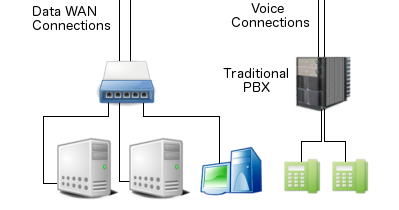
B. Premise-Based VoIP Phone System or VoIP PBX
Example: Samsung Ubigate iBG Series or Toshiba IPedge
In the last decade the Legacy Business Phone System received an upgrade. This was the addition of VoIP functionality. Much like the legacy phone system, A VoIP Phone System is still installed on the Business Premise in your phone closet. A VoIP Phone System also still employs a proprietary protocol between the phone system and your phone, preventing you from mixing and matching phones from different manufacturers. In other words, this did not address the Manufacturer Lock-In issue. Adding VoIP to the legacy phone system provided a number of benefits over the Legacy Office Phone System. The "home run" wiring mentioned above, was now mitigated, alleviating wiring expenses. This was mitigated by placing LAN switches throughout the office, which could aggregate the phone wires and reduce the number of "home runs" needed. Now the network of cables in the premise could look more like a tree or a graph, where as the legacy business phone system had wiring that was more like a star.
This type of Phone System has the same support characteristics as the older, traditional PBX, in terms of the companies you rely on to make your business phone calls. Namely:
- The Manufacturer of the PBX
- The Vendor / Repair Man of the PBX
- The Provider of the Telephone Service to the PBX
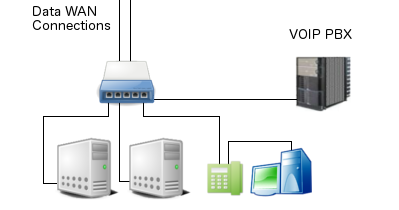
C. The Hosted Phone System, Virtual Phone System, Hosted PBX or Virtual PBX
This is the fastest growing area of Business Phone Systems. This is the first type of phone system where there is no system in the closet on the premise. Instead, the phone system is provided as a service. VoIP functionality provides a way to set up calls between two phones via an Internet Connection. This means that, using VoIP, the entire core functionality of the business phone system can be moved to the cloud without changing the user experience and functionality of the system. This brings a host of benefits that businesses are familiar with through moving other services to the cloud. At the Business Premise there are VoIP Phones, which connect over the internet to the Hosted PBX. This type of Phone System moves a great deal of the responsibility and technical details of the Phone System into the network. Additionally, where as previously internal calls only relied on components at your physical premise, now all calls rely on your external connections and providers. For this reason and others we think it is important to draw a distinction between the two types of Hosted PBX Providers within this category.
One Company Approach: ISP & Local Telephone Company & Hosted PBX Provider
Example: Monmouth Telecom
With all types of Phone Systems described here, you have to be provided service by a Local Telephone Company. This is an unavoidable fact of life. Additionally, modern businesses require an internet connection. Most often, both the internet and the telephone service is provided by the same company. Monmouth Telecom is an example of a Service Provider who provides Hosted PBX as a service, in addition to Telephone and Internet Service. This allows you to only rely on one Company to ensure your calls work and have good quality.
Two Company Approach A.K.A. Bring Your Own Bandwidth
Example: Ring Central
This type of Hosted PBX Provider requires you to use your own internet connection. This means that you have two contracts with two vendors. One is your Internet Service Provider, and the other is your Hosted PBX Provider. You rely on both of these to do their part for your calls to work and have good quality. You also rely on an unknown number of intermediate Internet Carriers between your Internet Service Provider, and the Hosted PBX Provider. The barrier for entry is very low for this type of business. These types of services are making headway in SOHO (small office home office) environments, where poor call quality and indeterminate outage times can be tolerated. The lack of QOS (quality of service) or prioritization on the VoIP reduces the feasibility of this type of service for businesses who require guarantees on quality.
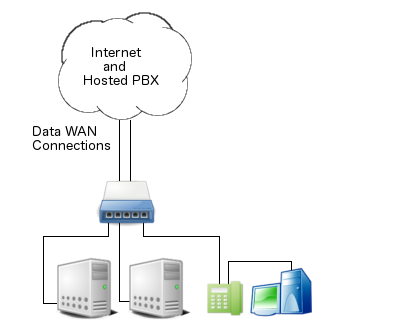
Components of a Modern VoIP Business Phone Systems
- LAN Switch - You plug both your VoIP Phones into this and your Voip Business Phone System into it.
- VoIP Phone - This is the VoIP Enabled Office Phone
- Soft Phone - This is software that you install on a PC and can behave like a phone. You utilize a microphone and speakers on your PC to perform the function of your handset or speakerphone on your phone.
- Web Administration Interface - Administer the features of the phone system and review the reports using a Web Browser and an Internet Connection.
- User Console - Each user should be able to administer their individual extension and review reports concerning them.
- Real Time Monitoring Portal - This is the modern version of the various lights on the physical phone that show you the real time status of extensions on the phone system and other various statuses of the phone system.
Business Phone System Market Players
Premise Based Phone System Manufacturers
These include some of the largest players in the game. Cisco, Avaya, Panasonic, Toshiba, these are all Premise Based Phone System Manufacturers. Many of them have been manufacturing phone systems for decades, some have entered only with the advent of VoIP. These companies produce both the software, and the hardware associated with their Phone Systems. These companies do not sell or support phone systems directly to Businesses but instead through distributors and vendors.
Premise Based Phone System Vendors, Distributors, and Maintainers
The manufacturers listed above rely on these vendors to sell their phone systems and enable them to make a business on the mark up. They also often provide, at a cost, maintenance and support of the phone system. The companies that provide this service in the food chain are generally small, local businesses compared to the manufacturers of the phone systems, which are typically multi-national corporations.
Second-Hand Hardware Market
Manufacturers are constantly discontinuing older models. When this happens, owners need to purchase spares and upgrades through a second hand hardware market like E-Bay.
ISPs and Telephone Companies turned Hosted PBX Providers
Local Telephone and Internet Service Providers are more and more providing Business Phone Systems as a service to their customers. By providing it as a service, the maintenance and support of the phone system is also provided as a service.
Bring your own Bandwidth Providers
Any company with an internet connection and a website can sell Hosted PBX over the "Public" Internet.
Business Phone System Costs
- Hardware - This is the up front cost of the system, the LAN switches, and the phones. With a premise based system this is dominated by the cost of the core system. With a Virtual PBX this is only the cost of the lan switches and the phones because the physical system does not exist.
- Interest - Often with the purchase of a Premise Based Phone System, the cost is great enough that businesses consider leasing the system. This cost represents the interest paid on the system over the life of the lease. With a Virtual PBX the cost of only the phones and the LAN switches is often low enough that it is paid up front without a lease.
- Service Calls - This is an hourly rate paid to the maintainer of the system to drive out and service the system. With a Virtual PBX there is no system to drive out and service so this cost is eliminated.
- Support - With a premise based system this is an hourly charge. With a Virtual PBX this is usually included in the per extension rate.
- Ongoing Hardware Costs - With a premise based system, often when you grow to exceed a pre-determined number of extensions you need to purchase additional hardware for the phone system. This cost does not exist in a Virtual PBX.
- Monthly Per Extension Rate - With a Hosted PBX this is the monthly rate you pay per extension. Multiply this rate by the number of extensions to get the total monthly cost of the Hosted PBX.
How did VoIP affect the Business Phone System?
With the advent of VoIP, It became possible to provide all of the functionality of a Business Telephone System without any physical presence at the customer premise. There is cost and disadvantages associated with the physical presence of the Business Telephone System on the premise of the Business, and as such, by eliminating the need to locate the Phone System there, VoIP has enabled the Hosted PBX revolution.
Learn More
Please explore our Hosted PBX site to learn more about the advantages of Hosted PBX.
Monmouth Telecom
Founded as an Internet Service Provider in NJ in 1995, Monmouth Telecom has grown to offer a complete set of innovative and economical Business VoIP Phone Services and Business Internet Services. We were NJ's first Internet Service Provider turned Telephone Company in 2000 and in 2006 we began providing businesses with increased functionality using VoIP. Learn more about Who We Are and how Hosted PBX / Virtual PBX is changing the face of business telephone service.
Contact Us
Receive a Free Consultation
877-MONMOUTH
877-666-6688
sales@monmouth.com
Customer Service
732-704-1000
contracts@monmouth.com
Technical Support
Network Operations: 732-704-9000
HPBX Support: 732-704-9950
noc@monmouth.com
hpbx-support@monmouth.com
Locations
Headquarters
Monmouth Telecom
1 Industrial Way West
Bldg D Ste A
Eatontown, NJ 07724
Key Data/Switching Facilities
12 N 7th St.
Camden, NJ 08102
165 Halsey St.
Newark, NJ 07102
423 Washington Ave.
Pleasantville, NJ 08232
18 Paterson St.
New Brunswick, NJ 08901
95 William St.
Newark, NJ 07102
Learn More
Customer Testimonials
Data Services
Business Internet Service
Private Data Networks
Fiber Internet
Network Cabling
Business VoIP Phone Service
Business Phone System
Disadvantages of PBX
Virtual PBX / Hosted PBX
Office VoIP Phones
Features
FAQ
Cisco Vs Polycom
DECT Vs WIFI
CRM Integration
Call Queue Statistics
Click To Dial
Technology Partners
Legacy Telephone Line Terms
Theme by Danetsoft and Danang Probo Sayekti inspired by Maksimer










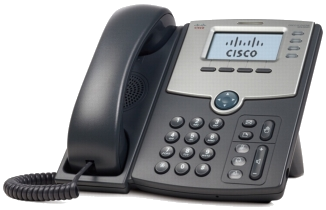
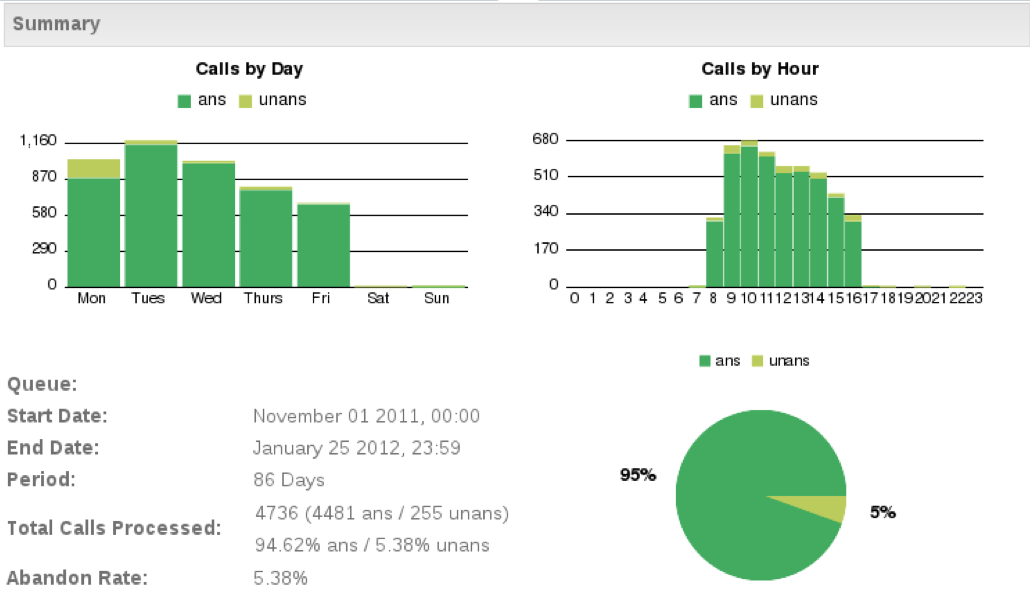
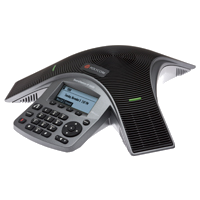
 All staff located in NJ USA. No overseas outsourcing.
All staff located in NJ USA. No overseas outsourcing.